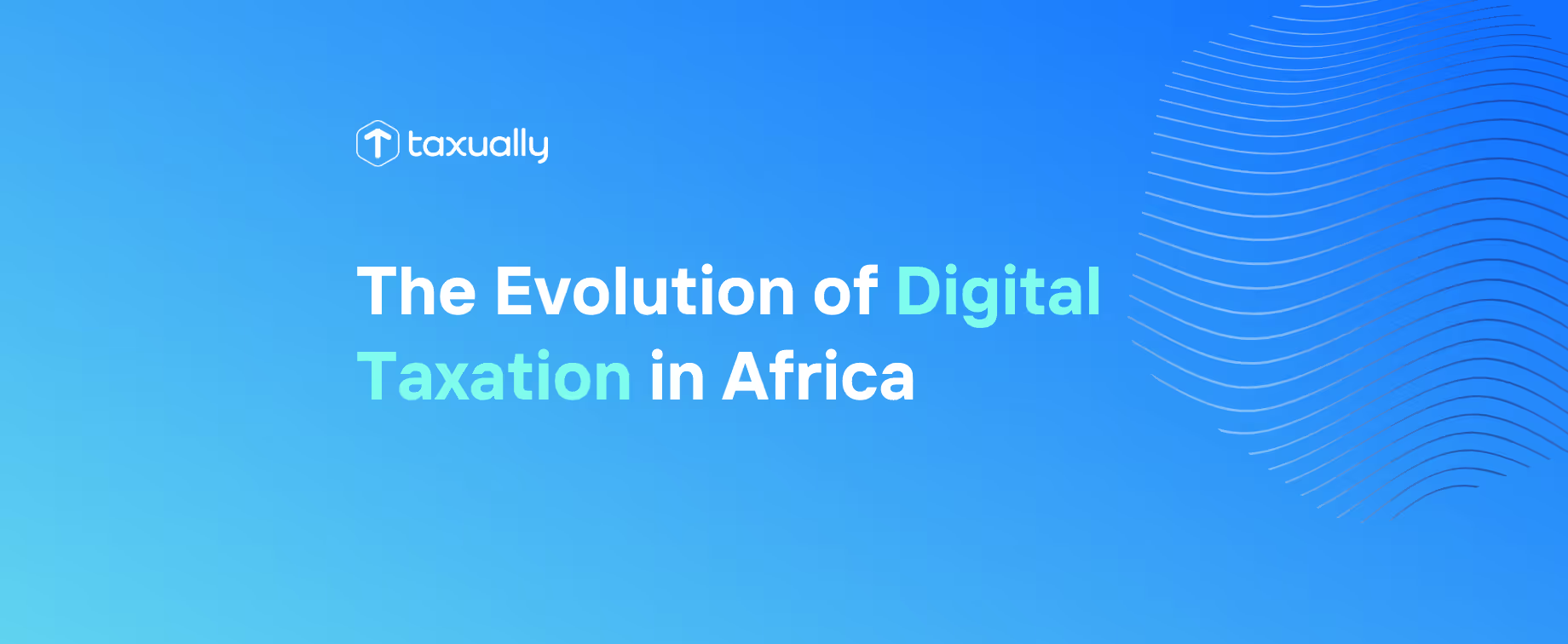Key takeaways
- 21 African countries have implemented VAT or GST rules on electronically supplied services (ESS), with several more preparing to follow.
- A growing number of nations are adopting Digital Services Taxes (DSTs) to capture revenue from cross-border digital activities.
- Businesses operating in Africa must stay informed on evolving digital tax regulations, as requirements and registration processes differ across countries.
According to a recent report, African nations are reforming their tax systems to capture revenue from the growing digital economy. Out of Africa's 54 countries, 21 have implemented rules requiring non-resident suppliers to account for Value Added Tax (VAT) or Goods and Sales Tax (GST) on electronically supplied services (ESS), with five more countries expected to join soon.
Several countries have introduced a Digital Services Tax (DST), targeting revenues from specific digital activities and transactions. This shift reflects a broader initiative to benefit from digital services that cross traditional borders.
The report highlights the diversity in digital tax approaches across Africa, noting significant differences in tax policies, compliance requirements, and registration processes, and just how important it is for businesses to adapt and stay informed about these evolving tax landscapes.
In Kenya, for example, the VAT regulations for digital marketplace supplies, first introduced in 2020, have undergone significant amendments. The changes require all non-resident suppliers of taxable digital services to register for VAT and apply a standard rate of 16% on transactions. This adjustment aims to simplify tax compliance and ensure equitable revenue collection from digital services provided to Kenyan consumers.
As Africa continues to integrate digital transactions into its economy, adapting tax laws to this digital transformation remains a priority for both tax authorities and businesses operating across the continent.
Frequently asked questions
New Year's Day - 1/1/2024Memorial Day - 5/27/20244th of July - 7/4/2024Labor Day - 9/2/2024Thanksgiving Day - 11/28/2024Day after Thanksgiving - 11/29/2024Christmas Eve - 12/24/2024Christmas Day - 12/25/2024
What are the new digital tax rules in Africa?
Many African countries are introducing digital tax rules to capture revenue from the growing online economy. So far, 21 countries require non-resident suppliers of electronic services to register and pay VAT or GST, with several more expected to follow soon.
How does Kenya’s digital VAT system work?
In Kenya, non-resident suppliers of digital services must register for VAT and apply a 16% VAT rate on transactions made to Kenyan consumers. These updates, introduced in 2020 and recently amended, aim to simplify compliance and ensure fair taxation for digital services provided in the country.



















